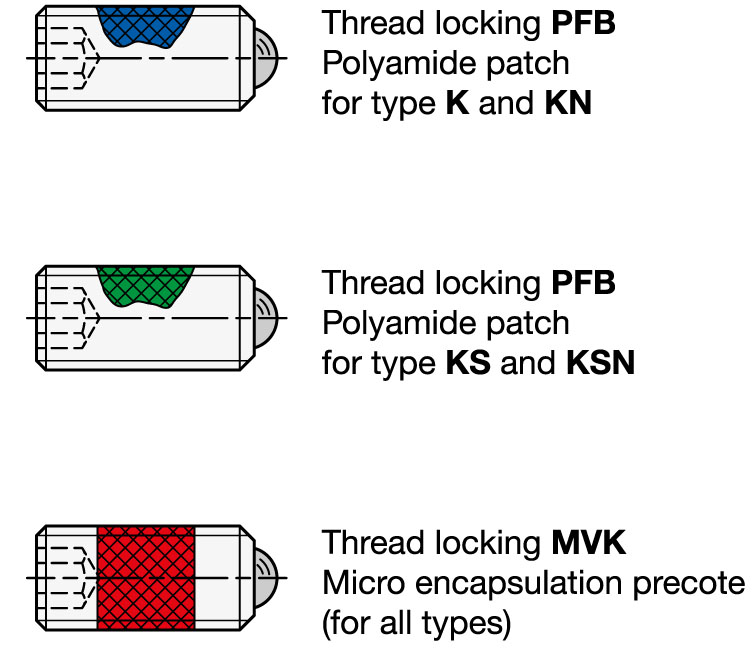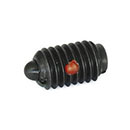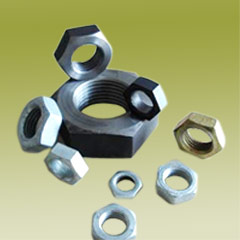Guide to Vibration-Proof Fasteners

How do you insure the fasteners won’t loosen in an application that is prone to vibration? Engineers frequently debate that question. Along with proper torque, common possible solutions boil down to these:
- Use of washers to lengthen the ratio of clamped length
- Threadlockers
- Safety wire (aka lockwire)
- Vibration-proof fasteners
There doesn't seem to be too much controversy regarding threadlockers. These are chemical adhesives applied to the fastener, most notably Loctite. Keep in mind however that Loctite acts like a lubricant when wet and can affect torque. It also is not appropriate for high temperature situations.
Depending upon the application, safety wiring can be anything from completely useless to the ideal solution. Obviously one "con" of this approach is the time it takes to do. Also, proper technique or lack thereof are huge factors. Meanwhile, adding holes to your fasteners will reduce their integrity.

Fasteners themselves can be designed to cope with vibration. For one thing, you can look for bolts and screws with nylon-patches pre-installed. These will hold up for approximately five cycles of removal and reuse. J.W. Winco offers a number of spring and ball plungerswith locking nylon patches such as the SPNL series shown here.

Our technical section includes some excellent information on the polyamide locking patch (PFB) as well as the micro encapsulation precoat 80 patch (MVK), designed for thread locking sush as the GN 615.3 series technical image seen above.
Fasteners designed specifically to cope with vibration include hex nuts with nylon inserts, jam nuts, lock nuts, slotted hex nuts, tooth lock washers, lock washers and spring washers. Again, there is some debate as to the efficacy of these depending upon the application. J.W. Winco sells a broad array of vibration proof fasteners in metric sizes, viewable in our catalog in section 3.1 Indexing, Locking, Blocking with Pins and Ball-Shaped Elements under under spring plungers.
Our Technical Sales Associates can also assist you with your fastener requirements and application issues. Just call us at +52(81)2721-4021 and we'll be glad to assist.
